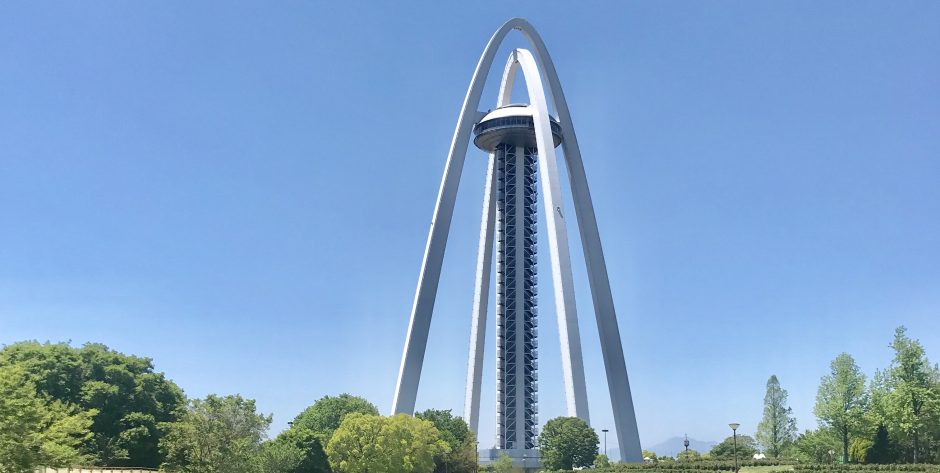After almost two month preparation, DFW2014 hold the final presentation session in Odai Town on Nov.20, 2014. Many interviewees who kindly took part in the survey in September also joined this session and offered their questions and comments on our presentations.
WG1: Implementation of Education for Sustainable Development (ESD) in Odai Town
WG2: The Economic Sustainability in Tea Industry: The Case of Odai Town
WG3: 放置林をめぐる議論とその実態の比較 -大台町のケースを通して-
From now on, each group will focus on their report writing based their findings and comments received from today’s final presentation. The final report will published in March, 2015.






























































































